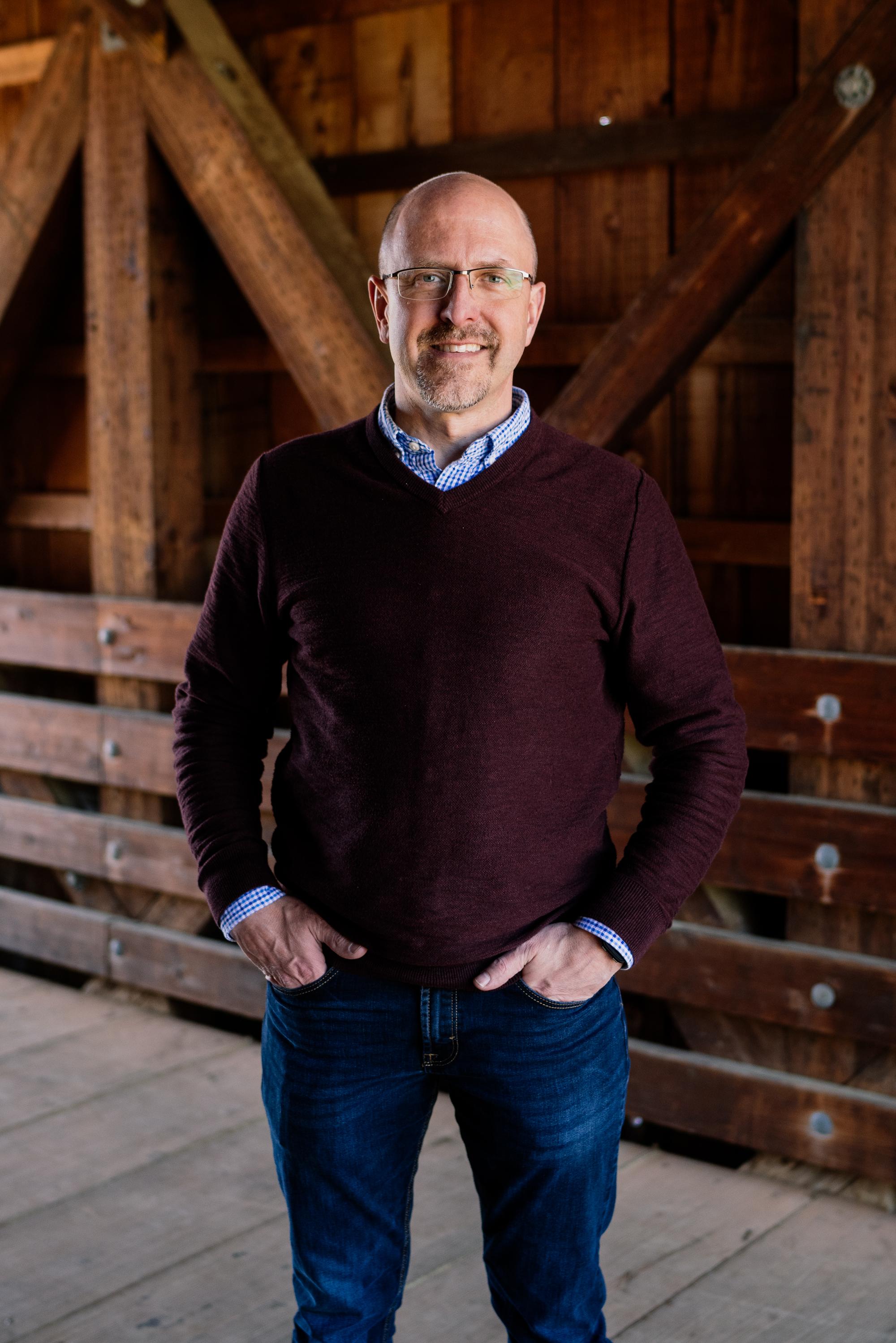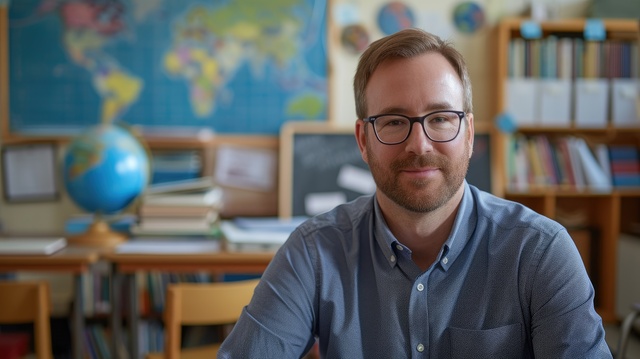What Makes the Christian School Different?
We need to give careful attention to our own Biblical worldview development and to shaping classroom environments that give students experience in living, breathing, and having their being immersed in a Biblical worldview.

Biblical worldview immersion should be the distinguishing mark of every Christian school, especially when you consider the promises we make to our families. Christian school websites often claim that “We teach from a biblical worldview perspective,” or, “Our graduates leave ABC school with a strong biblical worldview.” These promises strongly suggest a unique approach to education, where every activity and every class is immersed in biblical worldview—a concept I call biblical worldview immersion.
The power of Biblical worldview immersion is in its two-fold focus that effectively promotes worldview formation: modeling and an immersive environment. Instead of only thinking about how we can integrate Biblical content in our lesson plans (as important as that is), we must also consider how we can develop our own biblical worldview and create environments in our classrooms that are saturated with Biblical worldview experiences.
It Starts With Us
I’ve worked with thousands of Christian school teachers. Unfortunately, I find that many do not have a well-developed Biblical worldview. Of course, they are fine Christian individuals who love the Lord, but many are not aware of their worldview and how it shapes their ministry as a teacher. When I was a head of school, I would occasionally send veteran teachers to Biblical worldview conferences. They would often come back and share that they discovered that God has much to say about their subject area and that Scripture is an overarching narrative that provides meaning to all of life. While I was always thrilled to hear these kinds of insights, it concerned me that these were the teachers on whom we were counting to develop a Biblical worldview in our students.

If we are going to nurture a Biblical worldview to our students, we need to develop our own worldview first. Biblical worldview development doesn’t happen by accident, though. It is the result of an intensive effort to:
- Understand how our past impacts how we interpret and interact with the world;
- Think deeply and regularly about our worldview and how it aligns with Scripture;
- Process life experiences through reflection, prayer, and other disciplines;
- Seek experiences that both support and challenge our worldview; and,
- Cultivate a healthy and balanced lifestyle.
When we as Christian teachers and leaders humbly focus on these action steps, we will develop a biblical worldview. But that’s only part of helping our students to develop theirs.
Creating Biblical Worldview Immersive Classrooms
In his book, On Christian Teaching, Dr. David Smith (2018) suggests a new metaphor for the Christian school classroom: the pedagogium. A pedagogium is the name for the place in the Middle Ages where students would actually live with a master teacher in an immersive learning environment. I’m not suggesting that your students move in with you. But, I am suggesting that you consider your classroom as a place where you get to live and learn with your students-- an environment that is saturated with the good and glorious rule of God, where He shapes our thoughts, our desires, and our actions.
Several years ago, I developed a model for Biblical worldview formation. In my research, I found that young adults who have a strong Biblical worldview had a few things in common:
- They exhibited the three dimensions of a worldview, as described by James Sire (2015), including heart orientation, cognitive propositions, and behavioral alignment;
- They were aware of their worldview;
- They were committed to processing their life experiences through Scripture; and,
- They were intentional about developing a Biblical worldview.
Working backwards from these characteristics, we can structure our classrooms for optimal worldview development. Doing so requires the use of several regular teaching practices, all of which are aligned with how a worldview develops. First, we must offer practical guidance in helping our students to desire the Kingdom of God. We can do this through the habits we cultivate in our students, through introducing our students to Godly role models, and through careful interactions with individuals and ideas that are not in alignment with a Biblical worldview. Second, we must provide many opportunities to practice reflective disciplines that enable students to process their experiences. Unfortunately, we often don’t think about helping our students process what they learn and experience, as it is all too easy to simply focus on the content we need to get across to our students.
Next, given that living out a Biblical worldview is a hands-on endeavor, we should always seek to use engaging learning experiences. Whether it is simple activities like “pair and share” or major service-learning projects, research consistently suggests that when kids are maximally engaged, learning is maximized. Finally, we need to consistently give our students experiences with the truth claims of a Biblical worldview along with plenty of encouragement and opportunity to apply a Biblical worldview to the challenges that a fallen world presents to us. As we use these teaching practices, we’re developing in our students the skills and dispositions they need for a lifetime of worldview formation.
Christian schools make some important promises to families. If we intend to deliver on those promises, we need to give careful attention to our own Biblical worldview development and to shaping classroom environments that give students experience in living, breathing, and having their being immersed in a Biblical worldview. This is what can set Christian schools apart from all the other educational options.
© 2024, Roger C. S. Erdvig
References
Smith, David. 2018. On Christian Teaching: Practicing Faith in the Classroom. Michigan: W. B. Eerdmans.
Sire, James. 2015. Naming the Elephant: Worldview as a Concept. 2nd Edition. Illinois: IVP Academic.
Stonestreet, John and Warren Smith. 2015. Restoring All Things: God’s Audacious Plan to Change the World through Everyday People. Michigan: Baker Books.

Roger Erdvig
Dr. Roger Erdvig is the author of Beyond Biblical Integration: Immersing You and Your Students in a Biblical Worldview and co-author of Bring it to Life: Christian Education and the Transformative Power of Service-Learning. He serves as the Director of the Center for Biblical Worldview Formation at Summit Ministries, where he provides training, coaching, and resources for the Christian mentors of the rising generations. Roger is married to Lori, who is a third-grade teacher.
















